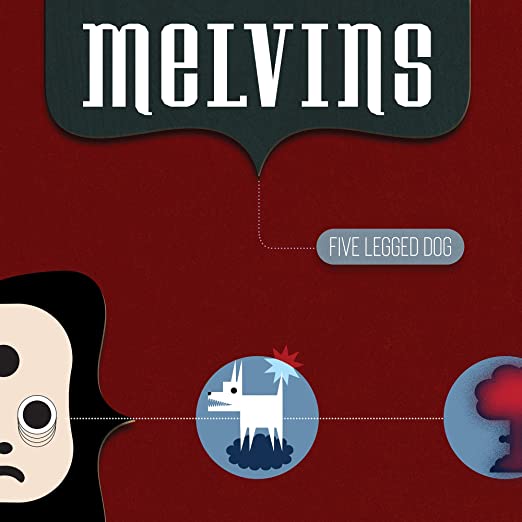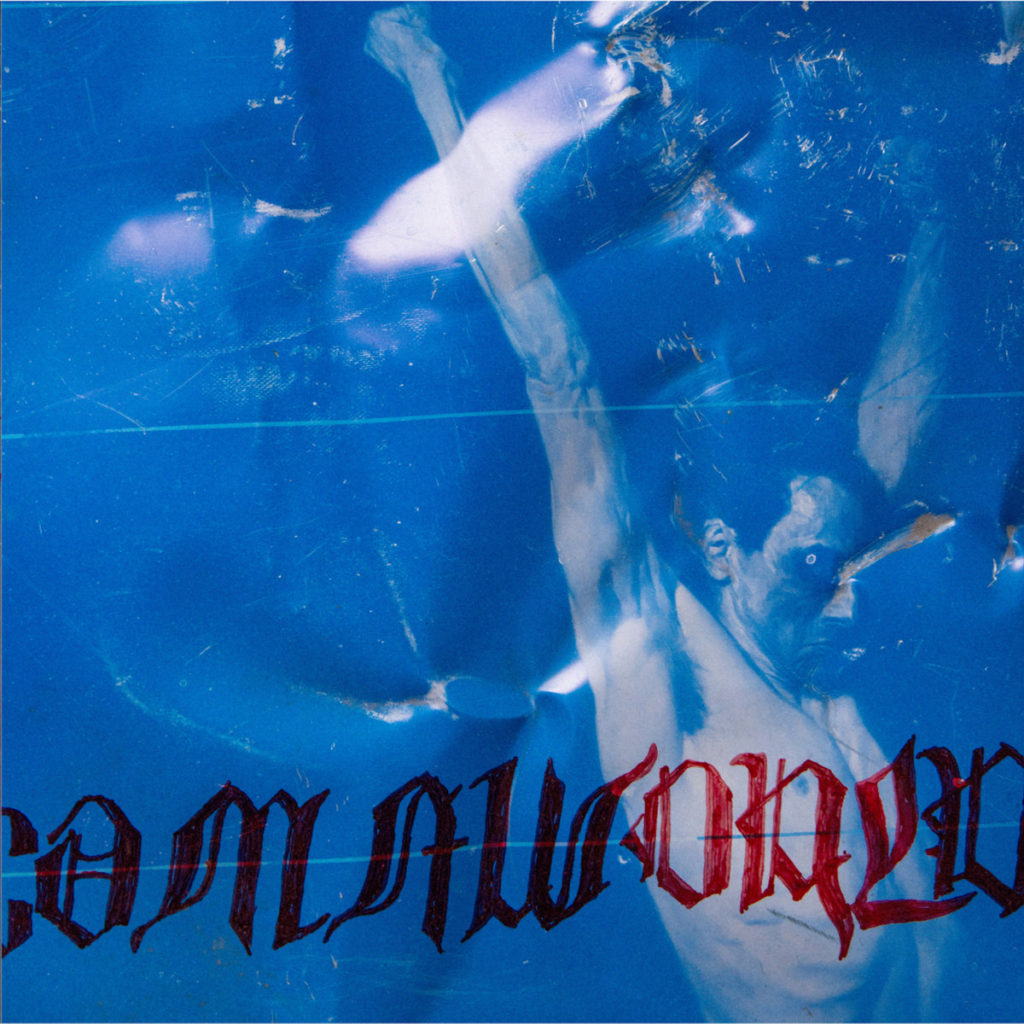Sure, the group was a staple of 1980s pop and quirky electronica, and it left an odd legacy, however implicit, on indie rock, but it also just somehow feels responsible for the glut of good-intentioned but lackluster electro-pop that’s surfaced in its wake.
The Scientifics, despite the best efforts put forth on the nine-song Future Mothers and Former Babies, seems to fall right in the line with this ever-growing group of Devo-descendents, though the group’s modus operandi and metabolism are clearly their own.
Instead of inheriting Devo’s sense of humor or metronomic delivery (see Servotron), The Scientifics play everything down, somewhat literally. Most of the tracks on the Translucence CD are murmured bits of electronica and reverb-laced space-odes, all delivered in a gray and borderline-disaffected kind of mono-singing that owes a bit to bands like The Cure.
The disc gets moving — in what the listener will come to realize is an unexpected and somewhat atypical fashion —with “Cloud of Gas,” a swinging science lesson (the band thanks Time-Life Books) complete with great keyboard-wash breakdowns, interjected electric guitar scales, and bouncing choruses.
The song runs well beyond its logical conclusion (to nearly five minutes, to be more specific), and Eliot Rose’s Calvin Johnson/Jad Fair delivery isn’t what you’d expect to lead the way, but the track is one of the record’s best, a number that calls to mind fellow Casio-advocates like the underrated (though far more energized) New Jersey songsmith Tris McCall.
Much of the rest of the record is hit or miss, a lo-fi series of stylistic juxtapositions that either work or don’t.
The keyboard loops on “My Aerial Held High” are vintage Ethan Buckler/King Kong, but Jack Shriner’s reflective and spare guitar work instead calls to mind The Smiths.
“Trembling Babies,” with its verses of endless theremin, and “Long Time Passing,” with its swirling electronics and out-of-place percussion tics, both seem to go nowhere. “Brazil” tries hard not to ape the familiar song-theme from the film of the same name but ends up nearly doing it anyway.
(The song does get points, though, for some interesting travelogue details: “Tokyo / Where the neon never lost its glow / Where the moon’s beamed off of satellites to video / And every rocket flying upward sends down flames.”)
“The Girl Who Fell in Love With the Sun” wanders all over the map, but, when it does find its pace, it’s charming in its welcoming naivete and sense of wonder.
The closing “Cave Man Came” builds to a surprising crescendo and then fades with a disquieting sonar pulse, only to ruin the understated beauty of the moment with closing exposition and an unnecessary bridge of echo-chamber narration.
It’s halfway through the record that The Scientifics may nail down their finest track, the bouncy (and vaguely British) guitar pop of “Quarter In My Pocket.”
As Rose half-whispers “And stale light came seeping out of my eyes” or, later, begins to sing more passionately, “I had a quarter in my pocket / but I couldn’t find a payphone / I have no one to call when you’re not home / I like to listen to your ring-tone,” it’s both engaging and sadly tragic. It’s just too bad the rest of the record doesn’t follow suit.




